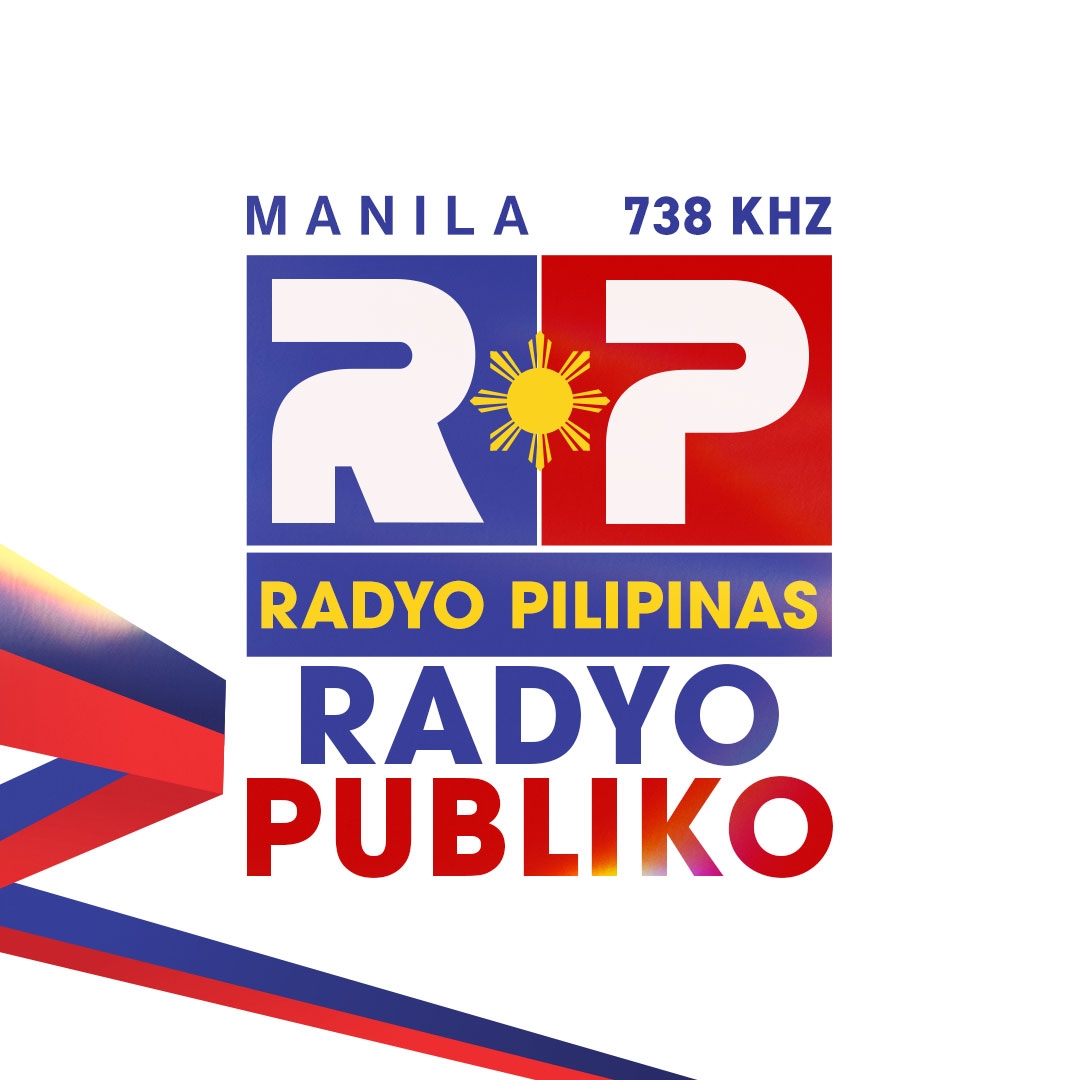Nagbabala ngayon ang Bureau of Customs (BOC) Davao sa umanoy mga indibidwal o grupo ng scammers na gumagamit ng pekeng account na may larawan ng mga empleyado ng ahensya.
Base sa report, ang naturang mga pekeng account ay nagpapanggap na taga-BOC at humihiling sa mga biktima na magbayad ng custom fees gamit ang online payment, money remittance o bank transfer.
Dahil dito, iginiit ng ahensya kasama ang BOC Customer Assistance and Response Services na huwag direktang nakikipag-ugnayan sa mga tatanggap ng parcel/package sa pamamagitan ng tawag sa telepono, text message, o email upang ipaalam o hilingin sa kanila na magbayad gamit ang online payment, bank deposit o money transfer para ma-release ang mga parcel/package.
Samantala, nakatanggap rin umano ng report ang BOC na may kliyente umano silang nakakatanggap ng emails gamit ang pangalan ng ahensya.
Base sa inisyal na imbestigasyon, ang nasabing mga emails ay halos parehas lamang umano sa ginagamit ng BOC ngunit may idinagdag na ilang character upang hindi mahalatang peke ang mga ito.
Nagpaalala rin ang BOC sa publiko na maging alerto at i-report agad sa otoridad sakaling makatanggap ng mga kahalintudad na panloloko.| ulat ni Sheila Lisondra| RP1 Davao




